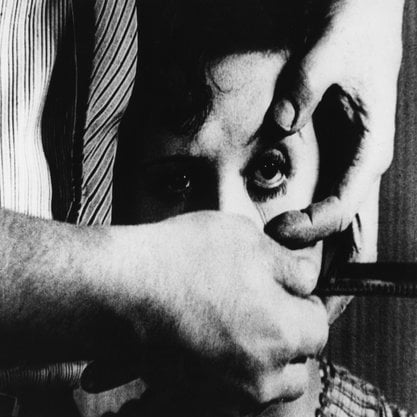Article
Sen, Mrinal (1923--) By Amit, Rea
Article
Mrinal Sen is an Indian film director closely associated with the Indian New Wave (alternatively known as the Parallel Cinema). Born in Faridpur, now Bangladesh, he moved to Calcutta in 1940. Although Sen began directing films in 1955, it was his 1969 film, Bhuvan Shome, that earned him recognition among those associated with India’s independent art cinema. While the simple narrative emphasizes progressive socialist ideas, the film is most notable for its cinematic form, which incorporates live footage and documentary-like filmmaking with fast editing and several animated sequences. In the early 1970s Sen’s films become more radical politically, glorifying violent demonstrations against the government. This shift is visible in his “Calcutta Trilogy” (Interview, Calcutta 71, and Padatik) and Chorus (1975), the latter earning Sen the Silver Prize at the 1975 Moscow International Film Festival. In the latter half of the 1970s Sen turned to more mainstream filmmaking. He has also directed several documentary films, among them a film produced for the British Film Institute’s series on world cinema, And the Show Goes On—Indian Chapter (1999).

